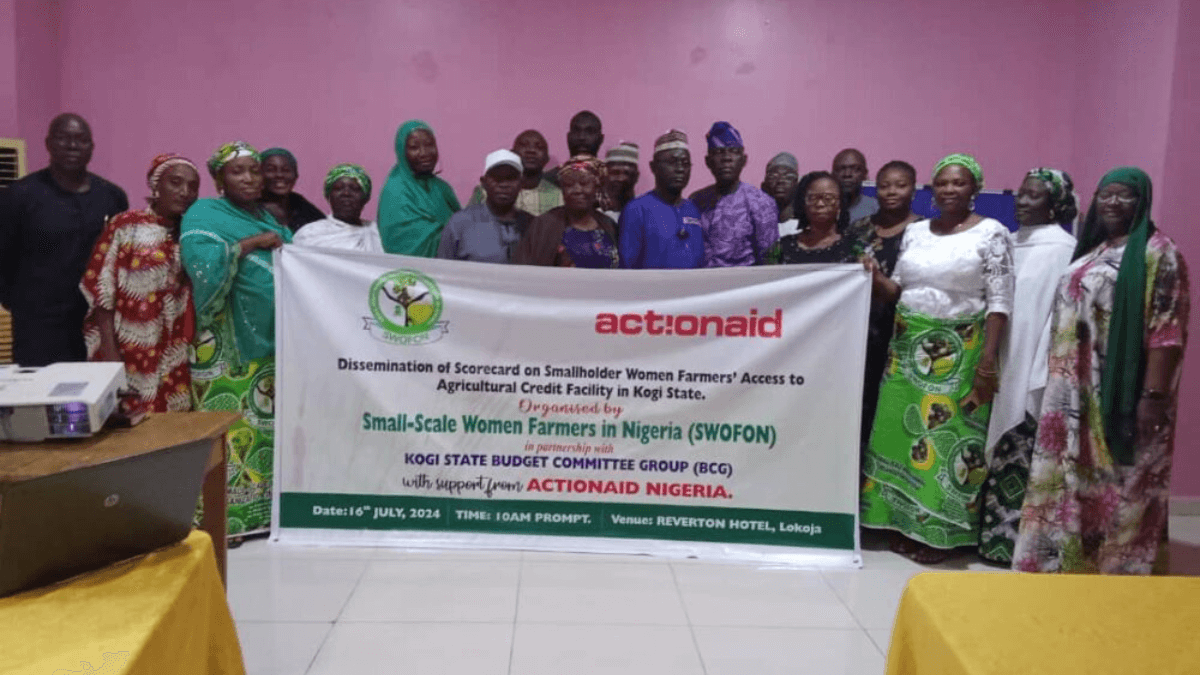News in brief:
– Women farmers urge Nigerian states to invest ₦15 billion annually in agriculture to boost revenue and reduce poverty.
– The association cited post-harvest losses, limited resources, and funding gaps as barriers to agricultural productivity.
The Small-scale Women Farmers Organisation of Nigeria (SWOFON) has called on state governments to allocate at least ₦15 billion annually to agriculture. According to the group, this investment will significantly boost internally generated revenue (IGR) while addressing key challenges faced by farmers.
Why ₦15 billion investment matters
ActionAid Nigeria’s analysis highlights the economic potential of investing ₦15 billion annually in agriculture:
- Increased revenue: States like Katsina could generate ₦136.91 billion, Akwa Ibom ₦89.62 billion, and Ebonyi ₦94.60 billion in additional IGR.
- Job creation: Such investments could also reduce unemployment by funding irrigation systems, extension services, access to credit, and training programs.
Current challenges facing Nigerian farmers
SWOFON identified several barriers hindering agricultural productivity:
- Post-Harvest Losses: Nigeria loses ₦3.5 trillion annually, equivalent to ₦94.5 billion per state. Post-harvest losses reduce farmer incomes by 50%.
- Limited Access To Critical Infrastructures: Only 26% of farmers have processing facilities, 18% have storage facilities, and 21% have access to markets.
- Low Technology Adoption: Labour-saving tools and climate-resilient farming methods are scarce.
A call to action
The organisation emphasised that treating agricultural budgets as investments—not expenses—can transform Nigeria’s food systems. The group urged the federal and state governments to:
- Scale up public agricultural investment and ensure timely release of funds.
- Provide credit schemes with single-digit interest rates for women, youths, and disabled farmers.
- Establish small-scale modular processing and storage facilities in rural communities.
Farmers worldwide face challenges like post-harvest losses and limited access to resources. SWOFON’s recommendations, focusing on sustainable agriculture, offer a blueprint for governments seeking to revitalise their agricultural sectors.



